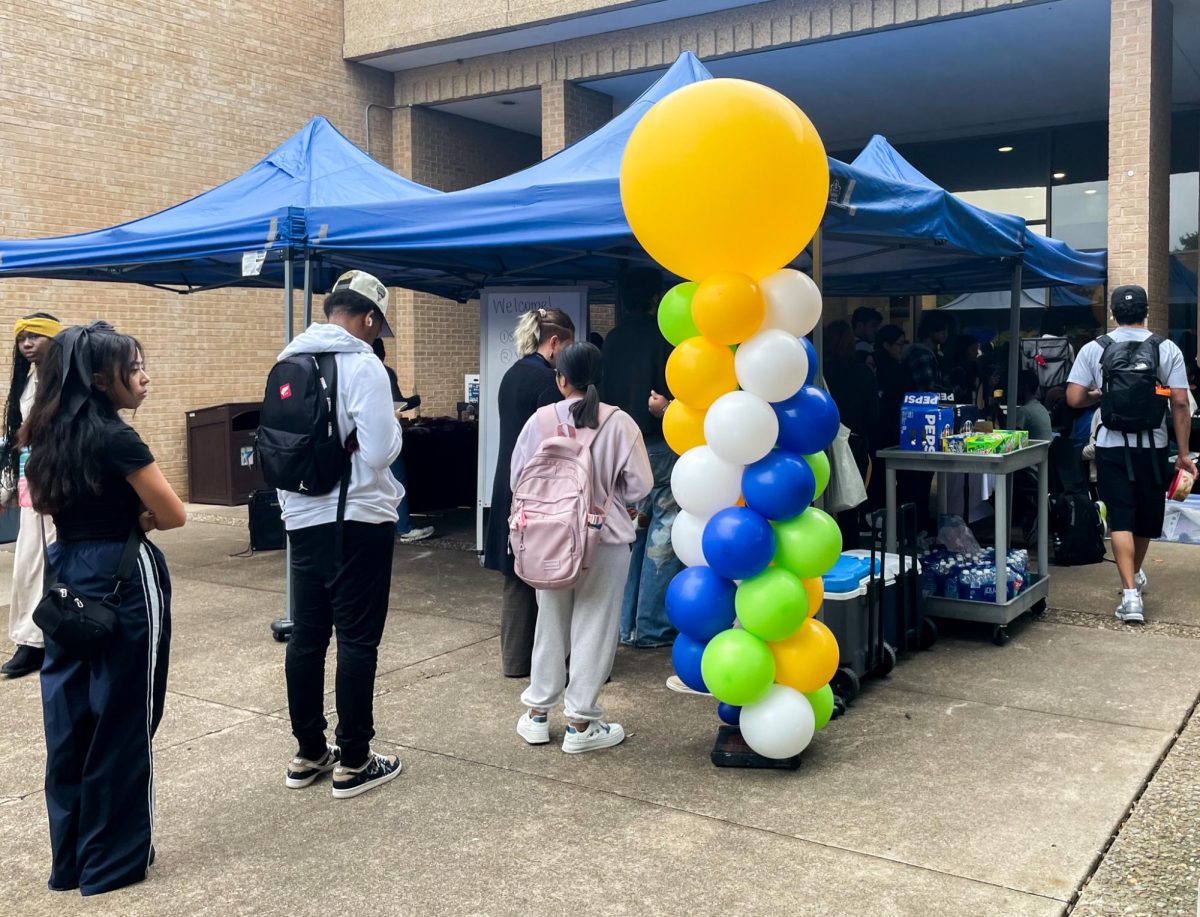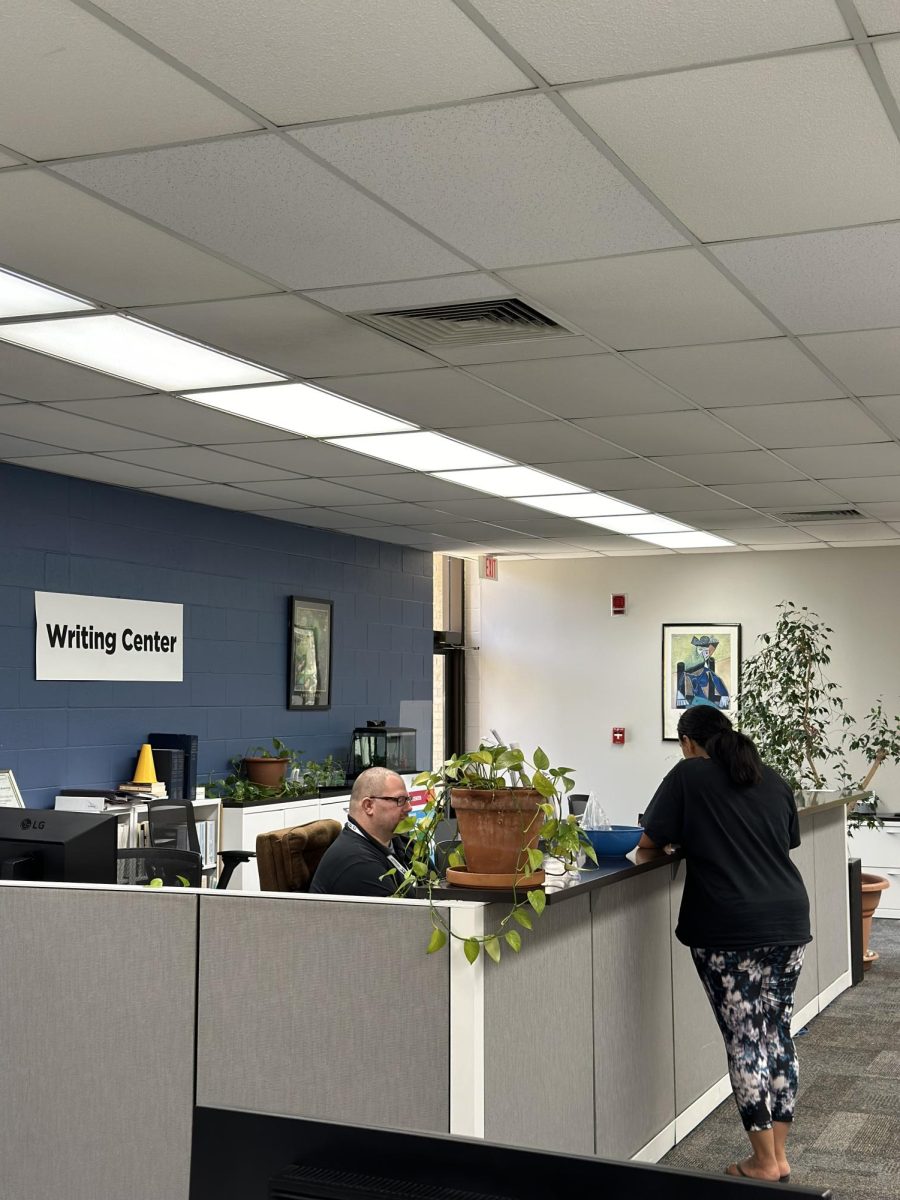Having an assigned adviser could be like having a best friend, minus the boy talk. To make the advising experience personalized and streamlined, all students now have a specific adviser to schedule appointments with.
Overall, the new advising system should improve students’ advising sessions.
Being able to have one go to adviser seems efficient because students wouldn’t have to spend time each session bringing a new adviser up to date. Their “friend” in the advising office would already know their students’ goals and thoroughly understand their academic history.
For freshman or first time students, having an assigned adviser could make the experience feel less overwhelming and more manageable. While figuring out where the bathrooms are on campus might be a struggle, hopefully knowing who to talk to about classes wouldn’t be.
The college implemented the new advising system to better demonstrate the “one college” idea. The sentiment means that there should be a unified system committed to supporting the needs of all students.
To keep students at the college, it was decided that all students would be assigned an adviser before they step foot into the classroom and until they graduate.
The new system will most likely be helpful for those who need a reliable person to quickly turn to when they have a general question about classes or registration.
For information pertaining to transfer requirements and graduation, having an assigned adviser is more than likely to create a streamlined experience for students.
There’s also potential for students to achieve a level of comfortability with their advisers that they may not been able to have visiting a different one each time. If they’re struggling with adjusting to college or need someone to talk to about a class that isn’t their professor, having someone to talk to that you can put a face to a name may be the one thing students don’t have to feel stressed about.
For the most part, the new advising system sounds beneficial for students, but like a bestie, there could be potential issues down the line.
Some students may have had to “kiss a lot of frogs” before feeling like they had found an adviser that best met their needs.
And while that experience may not have been great, at least they had the freedom and relief of knowing they could simply schedule an appointment with a different person next time.
According to NE vice president of student affairs Terese Craig, avergage caseloads for advisers will vary depending on the student population of a campus.
While this seems completely reasonable, will students be able to receive the quality time they need during their advising appointments? And will advisers be able to manage potentially having around 350 students to assist on a personable level?
Additionally, students may not be able to change advisers after already being assigned one. Maybe they can, but nonetheless, it’s a valid concern.
What about wanting guidance about a specific major? If the adviser a student is assigned knows very little about what that student needs and doesn’t, couldn’t that affect what classes they’re suggested to take?
While there could be a few bumps in the road, the “drive” should be a lot smoother for students needing general assistance. Who knows? Maybe more students will find themselves in their assigned adviser’s office talking about boy problems after all.



































